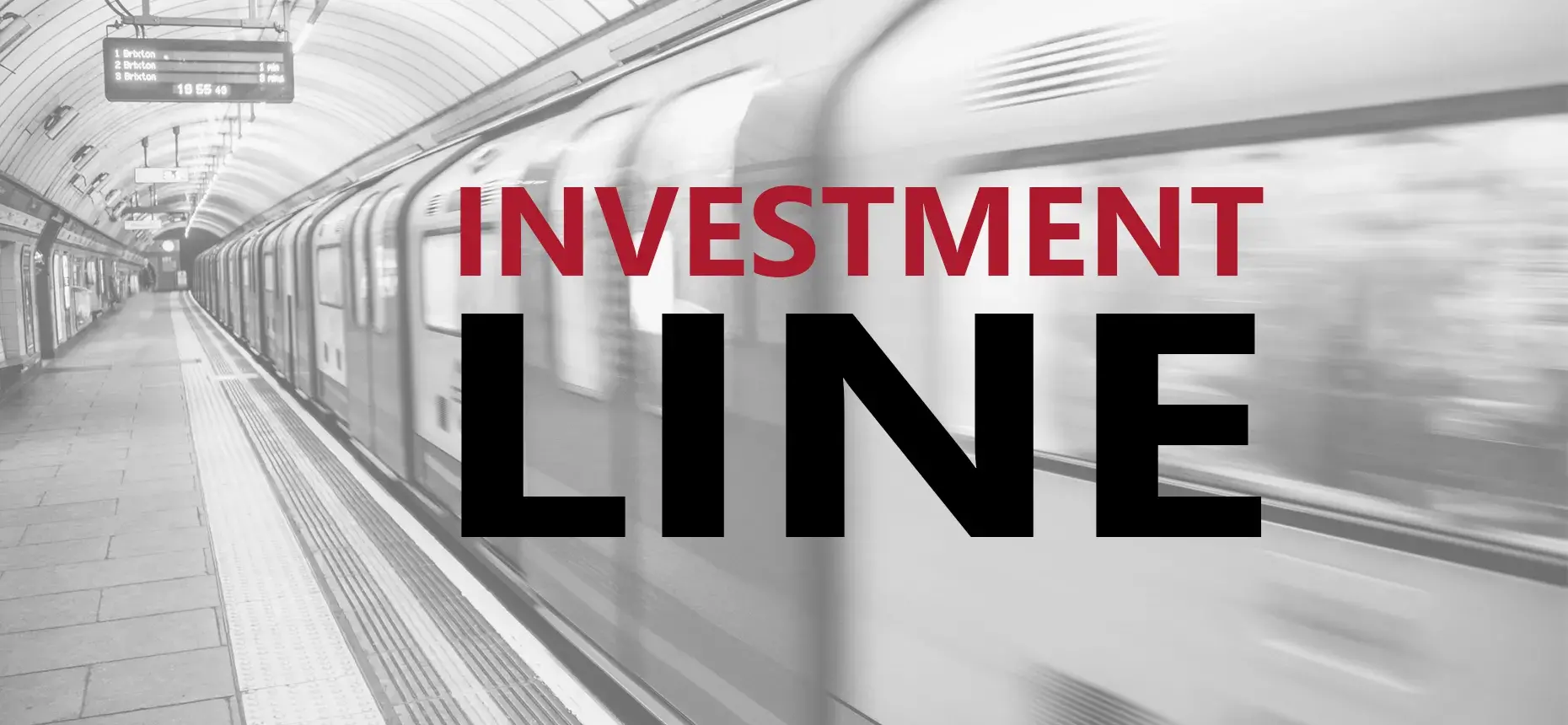GLOBAL MARKETS
Although it is difficult to avert one’s gaze from the soap opera that is politics in the UK, there are of course other things going on globally which will shape wider markets much more. Inflation remains a serious problem and although some prices are showing signs of softening, core inflation is not really shifting yet in the US. The Federal Reserve continues to use hawkish language in the face of both this and the still stubbornly robust employment market. It could be argued that investors have come to terms with the expectations of future rate rises to around the 4.5% level, but the ripple effects of what has been announced so far are being felt across the global economy. Though they had their own unique genesis, the UK’s recent problems are a sign of the tension that is building in the global financial system. The problems caused by rising rates after more than a decade of excess liquidity will be considerable and the falling value of collateral like gilts and other bonds is likely to cause selling pressures in many areas of the market. Sentiment is bearish for sure (according to numerous investor surveys), but it does not feel as if this is translating into ultra-low equity allocations, and we are still seeing considerable flows into US equities on-and-off as investors bet that markets will bottom soon. You do not always get outright capitulation in a bear market, but we might need one to really ‘move on’ and it has certainly not arrived yet. Earnings are going to be tested over the next quarter and investors will have little appetite for stomaching disappointment on this front (so far, they have been a mixed bag but certainly not awful).
We do not sense that we are in a crisis such as 2008/09 where the very fabric of the global financial system is under threat, but the possibility of further ‘accidents’ occurring is nonetheless real. We may of course be in a sustained bear market punctuated by strong rallies, but this might not be much more helpful for investors in terms of falls in asset prices. So much still rests on the central banks reversing course in the face of a weakening economy and financial stability concerns, but when it comes, will the effects be as strong as many hope if the backdrop has deteriorated so materially? Many questions remain unanswered – what we do know is that global liquidity is under pressure and the only rational response is to be cautious in positioning. We are constantly discussing where the opportunities are likely to present themselves when the time is right; deploying our cash too early would be unfortunate having waited patiently.
UK
The UK is not an emerging market but is trying its best to be perceived as one. The feeling of uncertainty pervades much of what is coming out of Downing Street at the moment and a lot rests on the ability of the new Chancellor to be seen as credible in the eyes of investors. The early signs are reasonably encouraging and the rowing back on policy has reassured the bond and currency markets. The forecast is rather bleak for the UK economy though, with expectations of a recession throughout 2023. Of course, the downturn may bring a fall in inflation as consumer demand weakens, but this is not guaranteed and for now the Bank of England is focused on rate rises to control inflation, which may mean a substantial one in November as part of its ‘catch up’. The UK is not alone of course in facing a downturn, with the International Monetary Fund (IMF) and others growing increasingly vocal in expressing their concerns. However, the domestic economy does look very exposed. The housing market is facing significant challenges and Brexit continues to present problems. The UK is cheap, and its time will undoubtedly come (opportunities in the fixed income space certainly look more attractive of late), but unless we enjoy a sustained rally in economic and political fortunes, it is unlikely to charm investors short term.
Investment Line is written and edited by members of the Mattioli Woods Group investment committee and is for information purposes. It is not intended to be an invitation to buy, or act upon the comments made, and all/any investment decisions should be taken with advice, given appropriate knowledge of the investor’s circumstances. The value of investments and the income from them can go down as well as up, and you may not get back the amount invested. Past performance is not a guide to future returns.
Mattioli Woods is authorised and regulated by the Financial Conduct Authority.





